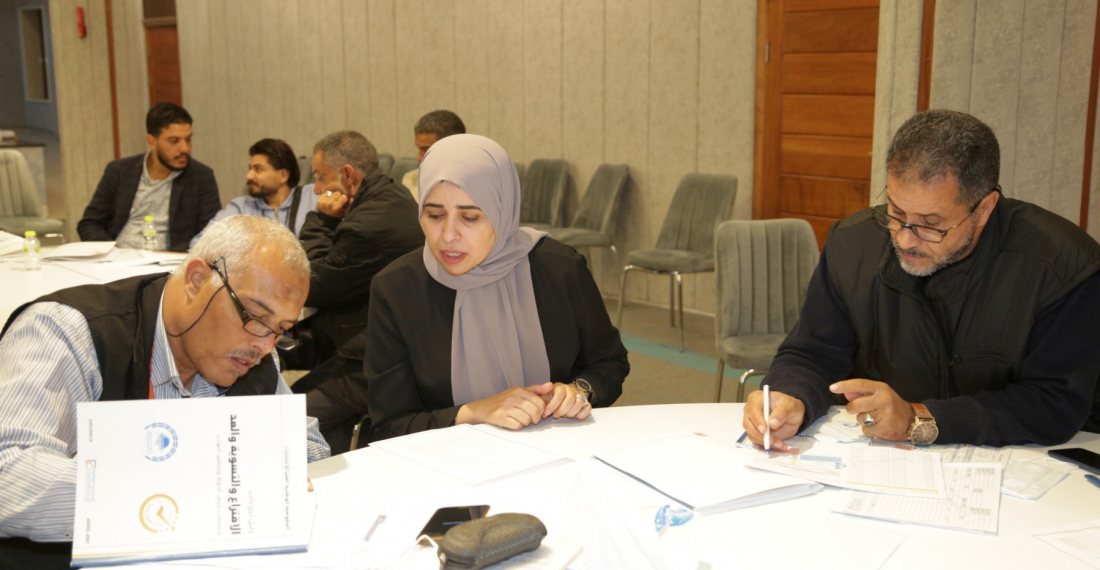Libya High National Election Commission has not yet announce the final list of candidates running for presidential elections on 24 December. The latest twist threatens the success of a UN-backed effort into restoring a government in Libya and moving beyond a decade of violence.
The HNEC announced on Saturday (11 December) that there are several unresolved legal issues regarding the candidates. A statement on the election commission's website said that the commission was now reviewing all judicial hearings and appeals and following up to make sure the electoral process is abided by.
The statement added that “Given the sensitivities of this stage and the political and security circumstances surrounding it, the commission is keen to exhaust all means of litigation to ensure its decisions comply with issued judgements.”
Observers also believe that politicians associated with the Islamist factions are manoeuvring to postpone the elections in fear of losing their political weight. During the last few weeks, many candidacies, such as that of Seif al-Islam and prime minister Abdelhamid Dbeibah, were subject to debate as well as other legal procedures.
It is now doubtful that the elections will take place on 24 December because the candidates should have a right to two weeks of official campaigning after the announcement of the final list. If the commission decides to keep the date of the 24th, more well-known candidates will be given an advantage over those running for the first time.
Many Libyan and international figures involved in the process are calling for the elections to be held on time. However, it is now becoming more and more clear that the elections will be postponed.
Source: commonspace.eu with Al Jazeera (Doha), The Arab Weekly (London), HNEC (Tripoli)
Picture: Libyan civilians receiving training on the conduct of the electoral process; Twitter: @LyHNEC.







